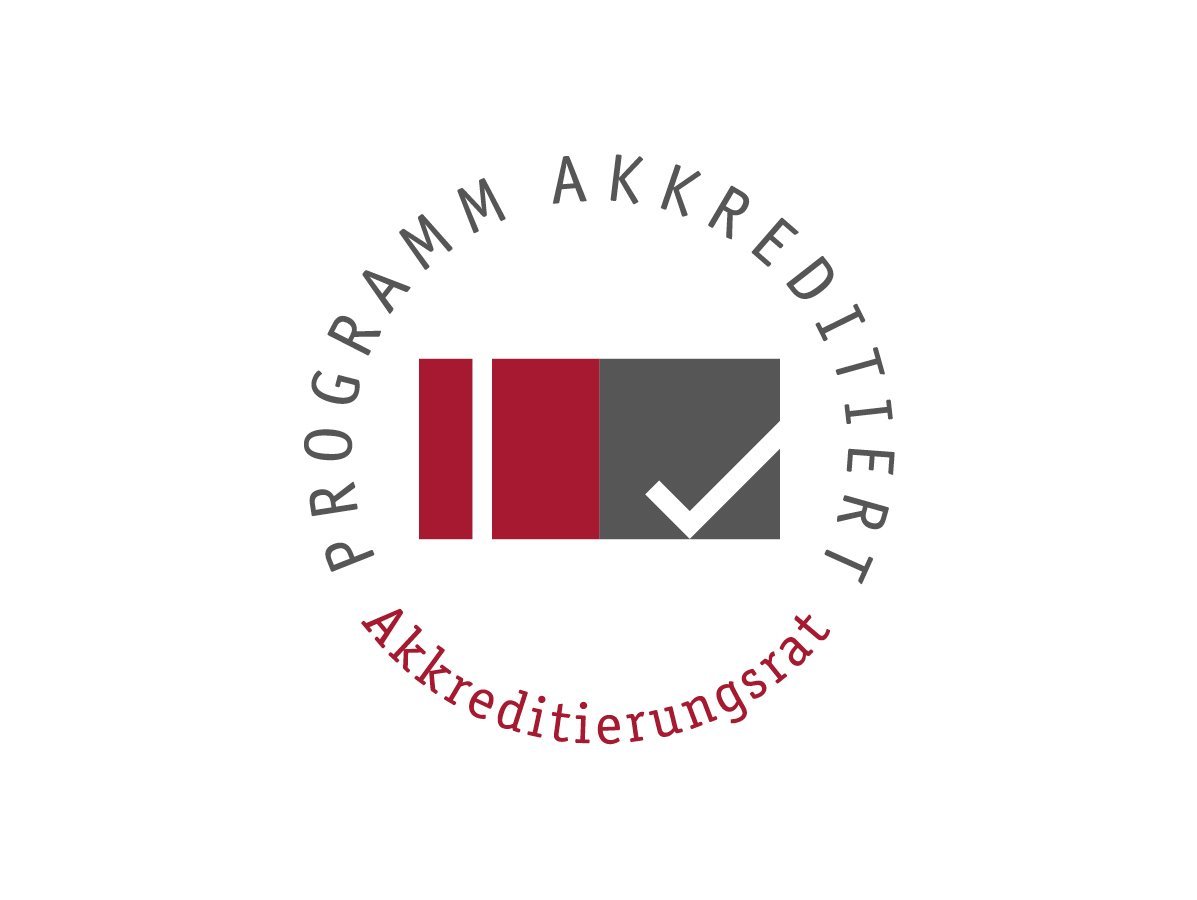Tasks in the context of geoenvironmental protection exist worldwide and increasingly so, e.g. due to a growing population and the destruction of functioning geosystems as a result of climate change (e.g. floods, flood disasters, landslides) or as a result of underground and above-ground transportation facilities. The Geoenvironmental Engineering degree program trains an engineer who is able to work in an interdisciplinary manner in the fields of geotechnics, applied geology and environmental engineering. The focus of their work is on environmental consulting and investigation in the areas of soil, water, waste and contaminated sites.
Job profile and labor market
The Bachelor's degree course in Geoenvironmental Engineering provides graduates with scientific qualifications for professional activities in the field of geoenvironmental engineering. The job market in this field includes environmental protection authorities, geological services, landfill operators, companies in the field of waste management, industrial companies in the field of environmental protection and environmental geotechnics, mining authorities, planning and engineering offices, the insurance industry, municipal associations and the raw materials industry.
Graduates work in the fields of environmental consulting and investigation in the areas of soil, water, waste and contaminated sites:
- Environmental risk analysis and assessment
- Environmental management systems (eco-audit)
- Environmental geotechnics (soil and groundwater protection, investigation and remediation of contaminated sites)
- Development of remediation plans and procedures for contaminated sites, landfills, industrial sites and infrastructure developments
Specialist focus
The Bachelor's degree course in Geoenvironmental Engineering is an interdisciplinary course of study, which is made up of the engineering fields of geotechnical engineering, part of civil engineering and environmental engineering as well as the predominantly scientific content of applied geosciences.
Structure of the study program
In the first year of study, mathematical and scientific fundamentals are taught, mainly on the basis of lectures and exercises. This is followed in the second year by further basic modules on geology, civil engineering and technical mechanics as well as business administration and law. In the third year of study, the specialist knowledge in the following areas is further deepened:
- Geotechnics
(civil engineering, geomechanics, earthworks and foundation engineering, surveying, geotechnical modeling methods) - Applied geosciences
(geoinformation, groundwater flow and composition, investigation and sampling of environmental media, practical hydrogeology) - Environmental Protection Technology
(waste management and wastewater technology, disposal technology, waste treatment, environmental compatibility)
In the third year of study, students also learn presentation techniques and complete a Bachelor's thesis.
The course also includes a 12-week industrial internship (4 weeks basic internship, usually before the start of the course, and 8 weeks specialist internship), which provides a good insight into engineering work and offers the opportunity to apply what you have already learned in practice.

Prof. Dr.-Ing. Norbert Meyer
Phone: +49 5323 72-2295
Fax: +49 5323 72-2479
E-mail: ba.geoeng@tu-clausthal.de
Institute of Geo-Engineering
Erzstraße 18
38678 Clausthal-Zellerfeld

Prof. Dr.-Ing. Michael Z. Hou
Phone: +49 5323 72-2347
Fax: +49 5323 72-3146
E-mail: ba.geoeng@tu-clausthal.de
Institute of Petroleum and Natural Gas Engineering
Agricolastraße 10
38678 Clausthal-Zellerfeld

Prof. Dr.-Ing. Norbert Meyer
Phone: +49 5323 72-2295
Fax: +49 5323 72-2479
E-mail: ba.geoeng@tu-clausthal.de
Institute of Geo-Engineering
Erzstraße 18
38678 Clausthal-Zellerfeld
Overview
Type: Bachelor's degree programme
Duration: 6 semesters
Language of instruction: German
Degree: Bachelor of Science (B.Sc.)
Admission requirement: Higher education entrance qualification
Start: The winter semester is recommended
Accreditation: ASIIN Certificate accredited until 30.09.2029
Beginning of studies
Welcome Weeks (before lectures begin)
TU Clausthal supports students as they start their studies with various event formats.
Pre-mathematics course (before lectures begin)
The Institute of Mathematics offers a pre-mathematics course for all first-semester students (in German).
These degree programmes may also interest you
Sustainable Energy Technology and Systems
Energy and Resources
Subsequent Master's Programs
Environmental Process Engineering and Recycling
Geoenvironmental Engineering
Documents
Study Program Flyer
Model Study Plans
Model Study Plan
Exam Regulations
Internship Regulations
Compulsory Optional Subjects
Compulsory Optional Subjects WS 24/25 and SoSe 25_update 18.06.2024
Compulsory Optional Subjects WS 25/26 and SoSe 26_update 10.06.2025
Module Guides
Module Guide update 13.01.2023

